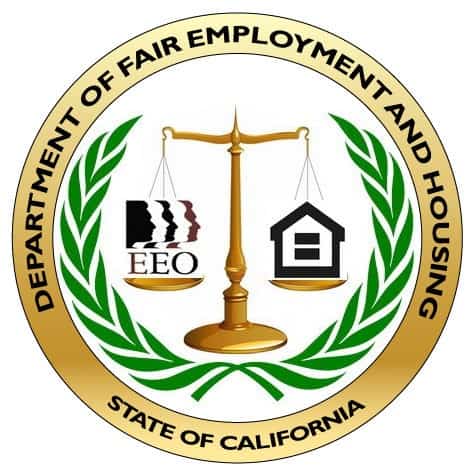Even though the definition of a supervisor in the California Fair Employment and Housing Act contains the language, “if, in connection with the foregoing, the exercise of that authority is not of a merely routine or clerical nature, but requires the use of independent judgment”, the California jury instruction known as CACI 2525 defines a supervisor for the purposes of harassment without reference to those qualifications. The definition says that someone is a supervisor if they have the discretion and authority to direct a worker’s daily work activities. The use of the words, “discretion and authority” in the jury instructions are not defined further. The current status of the law appears to be that if a supervisor has discretion and authority to direct the daily work activities of another, that person is a supervisor for the purposes of the liability of an employer for sexual harassment.
About five years ago, a California Court of Appeal case held that it was error in a sexual harassment case for a trial court to instruct a jury that in order to be considered a supervisor who directs an employee’s daily work activities, such a person must be fully accountable and responsible for an employee’s performance and work product. The Court of Appeals held that a trial court’s modification of a jury instruction defining a supervisor to state that a supervisor must be fully accountable and responsible for an employee’s performance and work product was erroneous, because the modification significantly restricted the scope of who should be considered a supervisor that would subject an employer to strict liability for sexual harassment. The Court of Appeals said that such a modified instruction was contrary to the intention of the Fair Employment and Housing Act and inappropriately narrowed the definition of supervisor contained in the Act, impaired a sexual harassment victim’s rights, and incorrectly stated the statutory requirements of the law for liability of sexual harassment in the workplace.



